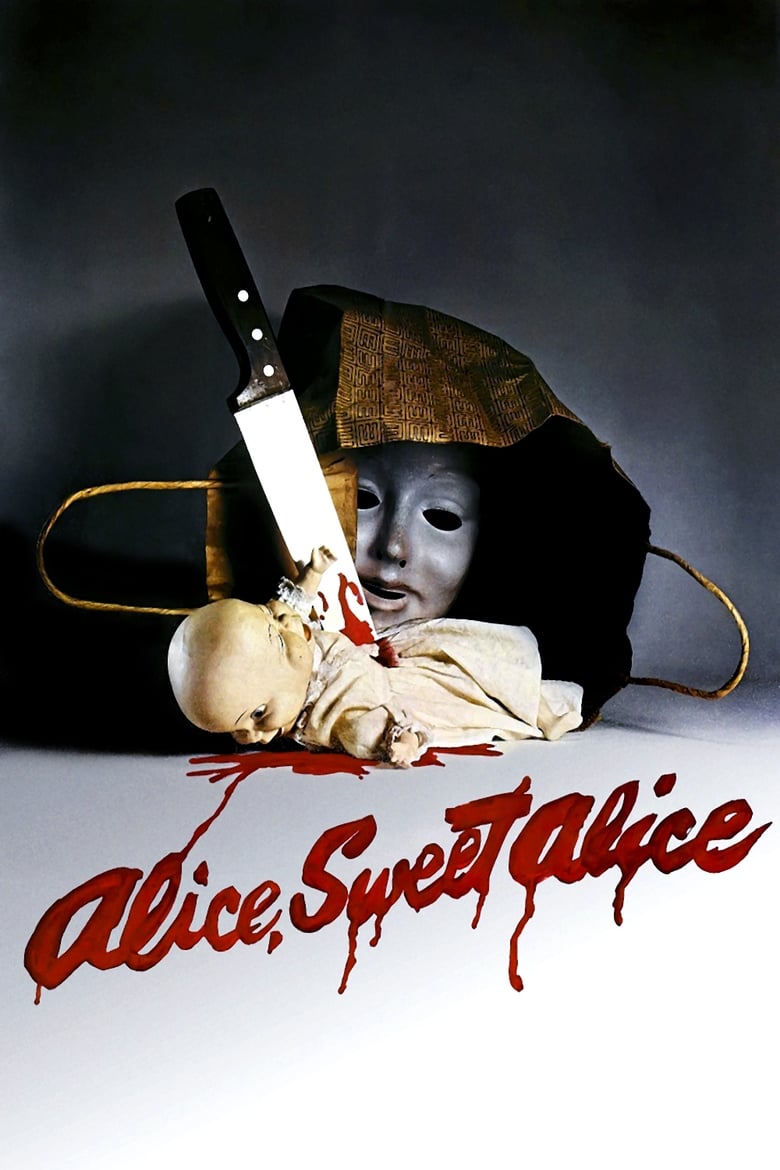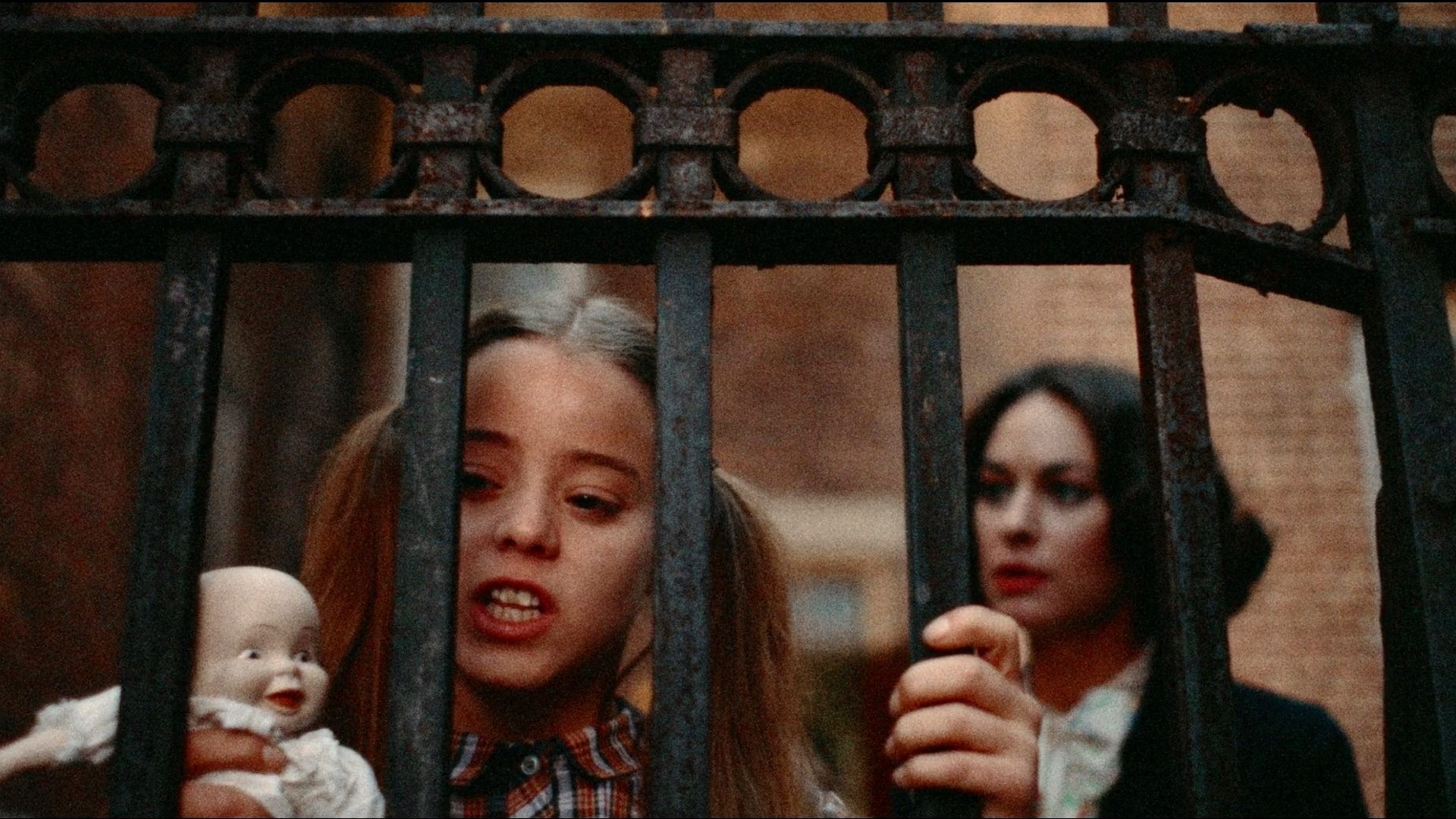
Alice, Sweet Alice
Alice is a withdrawn 12-year-old who lives with her mother and her younger sister, Karen, who gets most of the attention from her mother, leaving Alice out of the spotlight. When Karen is found brutally murdered in a church, suspicions start to turn toward Alice. But could a 12-year-old girl really be capable of such savagery?
tmdb17996075@tmdb17996075
I'd like to know why films like "Alice Sweet Alice" aren't mentioned nearly as much as they deserve nowadays. The fact that this film is overlooked and forgotten, makes me realize that many horror fans in training wheels are somehow missing out on a horror gem that is worthy of their attention. I suppose it is because people mostly tend to eulogize those films that try to be figurative and subtle even if are not enjoyable whatsoever. I find it hard to believe that this film was to a certain degree inspired by Nicolas Roeg's "Don't Look Now", because if I have to be honest, the only connection I can see, would be the usage of raincoats throughout the entire film as an emblematic element. One of the main differences between these two films is precisely what I was mentioning before: in "Don't Look Now", Mr. Roeg tried offers a pitiful excuse for a horror film full of fake and nonsensical symbolism and mind-games, while "Alice Sweet Alice", delivers pure and crude horror at its best with a very agreeable twist in the end. I know this is an independent horror film that probably didn't even get much attention when it came out, but honestly, I don't see why. This is one of those films that came out during the mid 1970s in which the stories were pretty plain at first sight and the ending could be somehow taken for granted.
In "Alice Sweet Alice", the attention is mostly focused on the main character's psychology, which is Alice Spages (Paula Sheppard), an introverted 12 year old girl who lives with her mother (Linda Miller) and her spoiled little sister Karen (Brooke Shields). In this gruesome family drama, we see Alice as a manifest outcast who constantly tries to get her mother's attention by tormenting her little sister, who is obviously the one everyone loves and prefers. Fortunately (or perhaps unfortunately) for Alice, her sweet sister Karen is brutally murdered during the day of her first communion by the hand of a merciless killer wearing a mask and a yellow raincoat. As it is expected, all the fingers start pointing directly to Alice, since her jealousy and strange withdrawn manners match with her sister's perplexing slaughter Regardless of the obvious feelings surrendering Alice, her mother refuses to believe that her only daughter left is a raging murderess and confronts everyone who stands in her way just to prove the world that her sweet little girl is incapable of killing a bug. Sadly, Alice's violent behavior and the evidences don't help very much. While Mrs. Spages and her former husband Dom desperately try to convince the others that their sweet Alice is not a premature murderess, the body count increases in the most dreadful ways and the victims are coincidentally Alice's declared rivals.
Clearly, this film could be taken as some kind of overlooked slasher film, but I myself find it compelling enough to be compared to some of the most respected horror gems that people worship nowadays. Nevertheless, "Alice Sweet Alice" is a simple film when it comes to the way it was filmed and the lack of pretentiousness made it forgettable for some 'serious movie fans'. All I know is that this film will be highly appreciated by most horror fans and anyone who is in the mood to see a well-done psychological horror gem that doesn't try to emulate complex situations to captivate the audience and trick them into believing that there's any form of symbolism at all. It's a horror film that includes vicious murders and a respectable body count, without turning into a pointless butchery that can only cling to gore. The psychological and 'respectable' side is present here as well, but Mr. Alfred Sole simply didn't need to brag about it and deceive the audience with misleading sequences.
